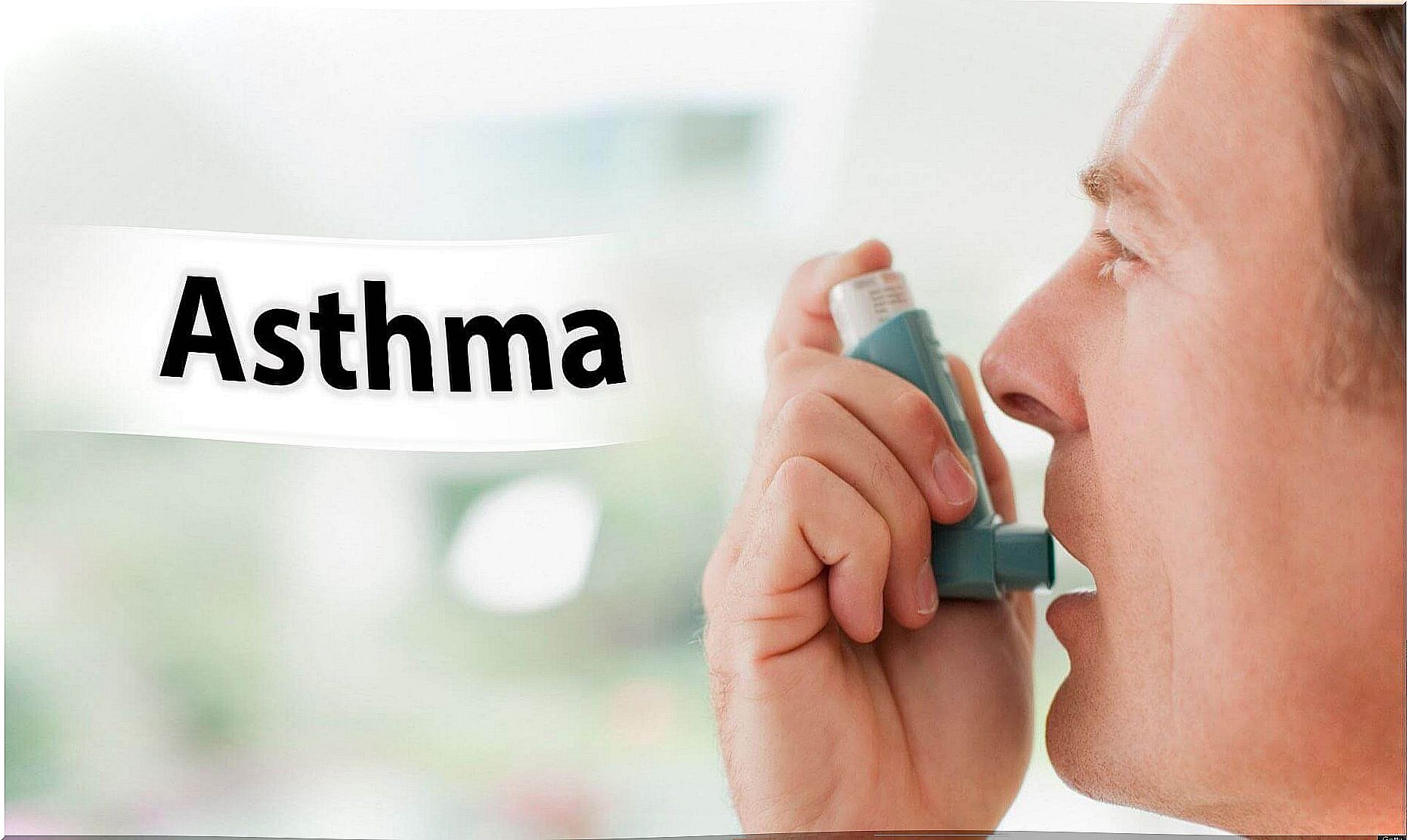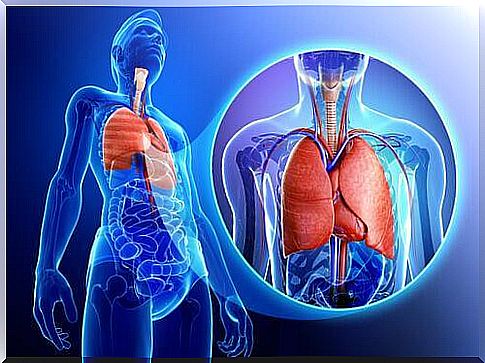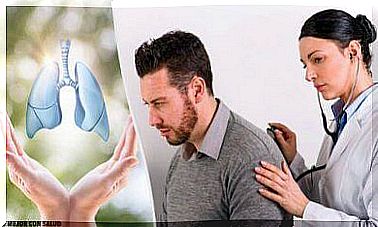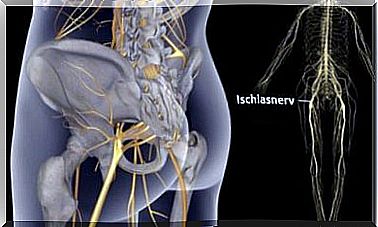Bronchial Asthma: Symptoms, Triggers And Diagnosis
Bronchial asthma or bronchial asthma is a chronic disease of the airways. When certain internal (endogenous) and external (exogenous) influences come together, this causes an acute narrowing of the airways. This means that the bronchi are contracting. This severely restricts or blocks the air supply to the lungs.

The causes of bronchial asthma are very complex. Typically, this condition causes irritation, inflammation, rapid narrowing of the airways, and hypersensitive bronchi. The bronchial muscles are more prone to cramping.
Fortunately, the majority of asthma sufferers tend to have mild or infrequent symptoms. But there are also patients who have severe attacks, the so-called “asthma attacks”. These cause serious discomfort and usually take longer. This makes breathing very difficult.
Who does bronchial asthma affect?

According to the WHO, the World Health Organization, more than 230 million people worldwide suffer from bronchial asthma. That is about 5% of the total world population. Other sources even speak of 330 million people affected worldwide.
Regardless of a country’s level of development , it is important to point out that around 80% of asthma-related deaths occur in countries with poor health care.
Basically, asthma occurs in all countries and people of all ages can get it. In general, it affects children more often. As you grow up, asthma is often caused by allergies.
Causes of bronchial asthma
The origin of asthma has never been clearly established. Still, it is important to distinguish between etiological factors and other triggers. Etiological factors are direct causes of a disease, such as genetic causes. Other triggers, while not directly causing the disease, can still cause other problems in some patients.
Etiological factors
- Genetic predisposition: If in the family history there have already been several cases of bronchial asthma and / or allergies with breathing difficulties.
- Frequent contact with allergens: Allergens are substances that can cause allergies and respiratory diseases. The main allergens are:
- Microscopic mushrooms (caused by moisture)
- Pet dandruff, fur, and dander
- Fabrics (such as wool)
- Smoke
- Sawdust
- Mites
- dust
- Pollen
trigger

A wide variety of external environmental factors are usually associated with the appearance of symptoms of bronchial asthma. The most common are:
- Viral infections
- Tobacco smoke
- Celiac disease or gluten intolerance
- Pollution and poor air quality
- Sudden change in weather (extreme cold, humidity, or snow)
- Prolonged use of certain antibiotics and other medications
Symptoms of bronchial asthma
The severity and intensity of the symptoms can vary greatly depending on the patient. They can be of a lighter nature, but chronic asthma can also exist. The severity almost always depends on the strength of your immune system.
Although the symptoms depend on the type and severity of your asthma illness, the following will always occur:
- Cough : Typically a dry cough occurs, usually with little phlegm. Sometimes the cough is completely dry.
- Difficulty breathing : These usually occur when you exercise or do vigorous physical exertion. If the disease is very serious, it can occur even while you are talking or even when you are resting.
- Whistling or rattling in the chest : This sound is created when the air tries to flow through the narrowed airways. The doctor can best listen to the rattle with a stethoscope.
Other possible symptoms can include:
- Tiredness and exhaustion
- Pain or irritation in the throat
- Sensation of pressure on the chest
- Irregular breathing rhythm (slower or faster than normal)
- Nasal congestion (thick mucus that is difficult to cough up) and sneezing
- Difficulty walking or speaking due to you having difficulty breathing (this is a very serious symptom)
Diagnosis of bronchial asthma

The diagnosis of this condition usually begins with an analysis of your medical history (anamnesis), your family history, and other possible risk factors. If a patient has already been diagnosed with bronchial asthma, previous asthma attacks are also included in the assessment.
Many cases are also closely related to allergies. If a patient has a runny nose (rhinitis) or eczema, the doctor may suspect an asthmatic condition. In addition, the doctor will carry out further examinations in order to make a reliable diagnosis:
- Allergy tests
- Blood count
- Pulmonary function test
- X-rays of the chest and sinuses
- Blood gas analysis (for very severe asthma attacks)
treatment
Unfortunately, there is no complete cure. But there are some treatment options that can help you manage asthma largely. Basically, the aim of all these treatments is to reduce the severity of the seizures while at the same time preventing the recurrence of symptoms as much as possible.
The main treatment goals are:
- Prevention and relief of chronic symptoms (especially the cough and breathing difficulties)
- Maintaining lung function
- Reducing the amount of emergency medication you need when you have an asthma attack
- Avoidance of chronic asthma attacks
Drug treatment includes:
- Anti-inflammatory drugs : most often, corticosteroids are prescribed (beclometasone, budesonide, fluticasone, mometasone).
- Bronchodilators (to widen the bronchi) : beta-2 agonists (salbutamol, terbutaline, salmeterol and formoterol), anticholinergic drugs (ipratropium bromide) and methylxanthines.
- Antihistamines (antiallergic agents) : Although these do not fight asthma, they nevertheless reduce possible allergic symptoms.
If you have bronchial asthma it is very important for you to have an emergency plan that includes:
- First and foremost, of course, you need to take your medication correctly. Take them at the right time, and be sure to follow your doctor’s instructions carefully.
- In the event of an emergency, you should definitely seek medical help immediately.
- You should also be aware of how well you have your condition under control and get regular checkups.
- As much as possible, try to avoid any external trigger that could cause an asthma attack.
- And of course, you should always take very good care of yourself when doing sports. You know best how much you can expect and when it is better to take it easy.









